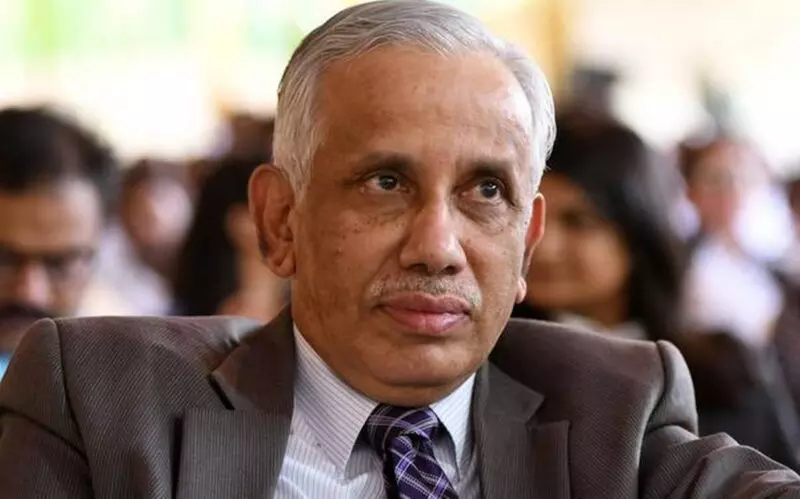When Justice S. Abdul Nazeer, as the only Muslim judge on the Constitution Bench deciding the controversial Ayodhya land dispute and in the Supreme Court itself, agreed to pronounce a unanimous verdict, not only did he defy expectations, but he also demonstrated his commitment to secularism and his willingness to serve the judicial institution as a ‘true Indian’, Senior Advocate and...

